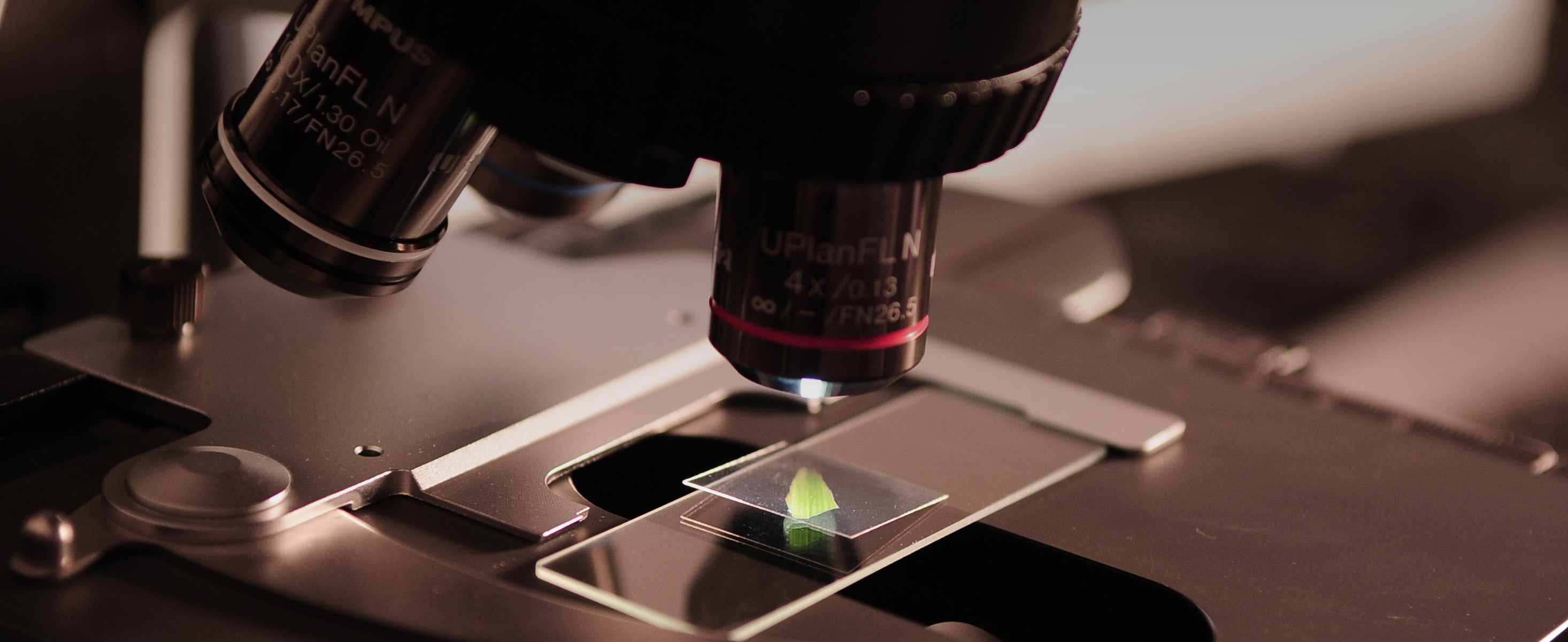
1 minute read
Editor's Note
from Ariana #02
by Ariana Life
EDITOR'S LETTER
“You have cancer.” Three earth-shattering words that most of us will hear at some point in our lifetimes. It could be you, your parent, partner, child, or best friend. Nearly everyone has been – or will be – affected by cancer in one way or another.
Advertisement
Back in 1971, former US President Richard Nixon signed the National Cancer Act, generally regarded as the beginning of what many have called the global war on cancer’. Half a century and billions of dollars in research later, the fight goes on. One in five people will be diagnosed in their lifetime and, in 2018 alone, 9.6 million people died from the disease worldwide. Cancer seems abstract and distant until you are affected first-hand.
For me, the disease became very personal last year, when my mother, Rina Tay, was diagnosed with brain cancer. In February 2019, after fighting for six short months, she passed away. This issue of Ariana is dedicated to my mum, the strongest woman I have ever known (pg. 114).
Over half of Ariana’s team members have witnessed a loved one battle cancer – we understand the disruption, the confusion, the anger, and the new perspectives it can bring. Our hope with this issue is to provide some support to those who have been affected by this insidious disease by exploring some of the latest research, news, taboos and personal stories.
We tell the journeys of survivors who faced cancer head on and came out stronger (pg. 57), examine innovative research happening right here in Hong Kong, (pg. 76), investigate the lucrative ‘disease marketplaceʼ (pg. 94), explore the medicinal properties of cannabis (pg. 105), and dive into the ‘death positive’ movement, which encourages us to have healthy conversations with our loved ones, before it’s too late.
We hope this issue will inspire you to take control of your health and ask questions. Only by challenging the status quo can we address systemic shortcomings, bureaucracy and pave the way for change, whether that be more affordable treatments, improved patient care, faster drug approval processes or screenings for earlier detection.
As Susan Sontag, an American writer and political activist, once said: “It is easier to endure than to change. But once one has changed, what was endured is hard to recall.”
Editor-in-Chief,
Mariana César de Sá
ARIANA 20195










